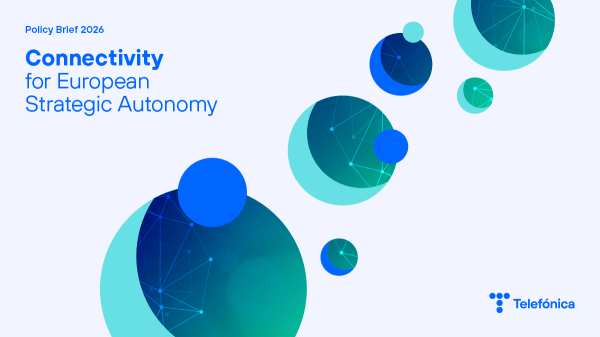In addition to the publication of the State Digital Decade 2025, the European Commission published a special Eurobarometer on the State of the Digital Decade. This Eurobarometer survey was conducted between February and March 2025.
The survey is divided into several sections:
- The first section of this report examines perceptions and expectations about the future use of digital technologies in everyday life.
- The second part focuses on public support for the key policy objectives of the EU Digital Decade. It assesses which digital actions citizens consider should be prioritised by public institutions.
- The third and fourth sections address specific digital challenges affecting people’s online experiences, with a particular focus on geo-blocking and the protection of minors.
- The last section of the report deals with digital rights and principles in the EU.
The main findings, or at least the most interesting points of the conclusions drawn from the Eurbarometer are as follows:
- 85% of respondents believe that it is important for public authorities to ensure that European companies can grow and become “European champions” able to compete globally, and 40% think this is very important.
- 80% of respondents consider that the availability and affordability of high-speed internet connections are essential to support the daily use of digital tools.
- 81% (+2 percentage points) of Europeans consider improved cybersecurity, better protection of online data and better security of digital technologies as crucial. Concerns about children’s online safety continue to prevail. More than 9 out of 10 Europeans consider it urgent for public authorities to take measures to protect minors online.
- 73% of Europeans believe that the digitisation of public and private life is making life easier for them.
- 89% of respondents see the need to ensure that people receive the right human support to accompany the transformation brought about by digital technologies.
- 89% see the need for increased research and innovation to develop more secure and resilient digital technologies. Countering and mitigating the problem of fake news (a novelty in this study) comes in second place, with 88%.
Next year, the Commission is due to carry out the review of the Digital Decade policy agenda, scheduled for June 2026. But if we want to meet the targets, there are two options: 1) lower the targets, 2) or else overhaul a new telecoms regulation to facilitate the investments needed to meet the agreed targets.
We hope and encourage that the next legislative measures in the telecommunications framework will go in this direction, because we believe that it is possible if there is an appropriate framework for investment and a “level playing field” for all participants in the digital ecosystem chain.







